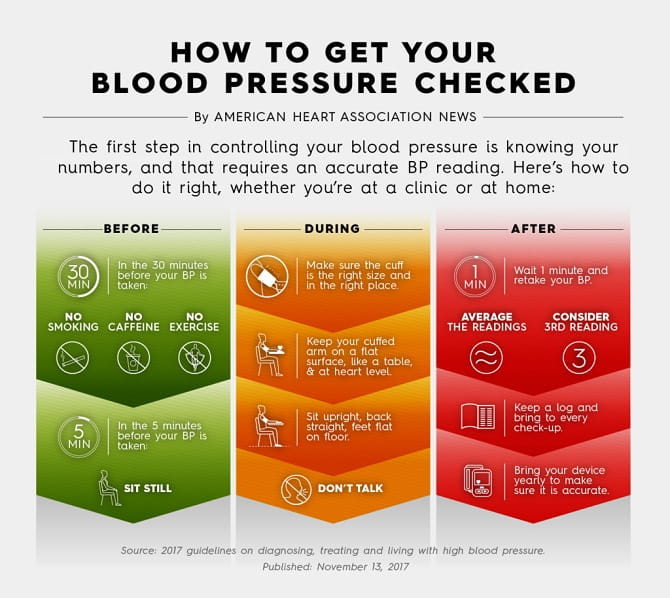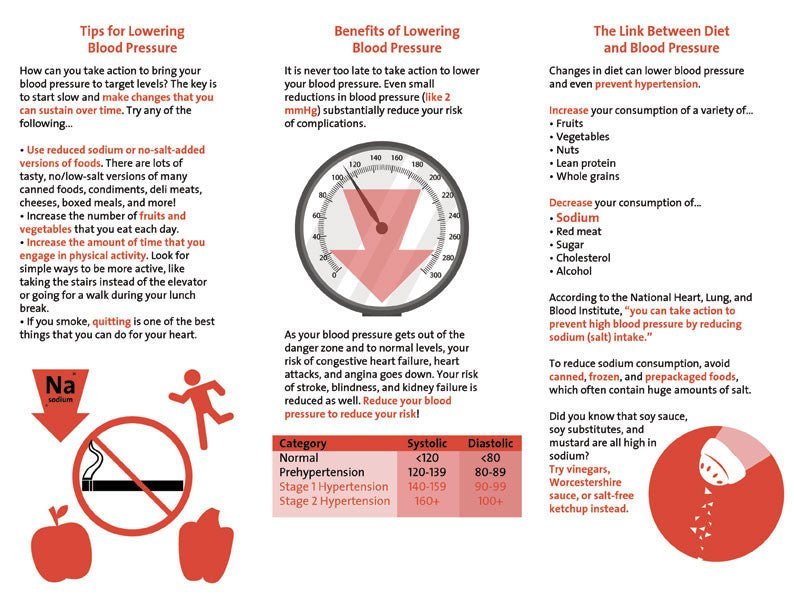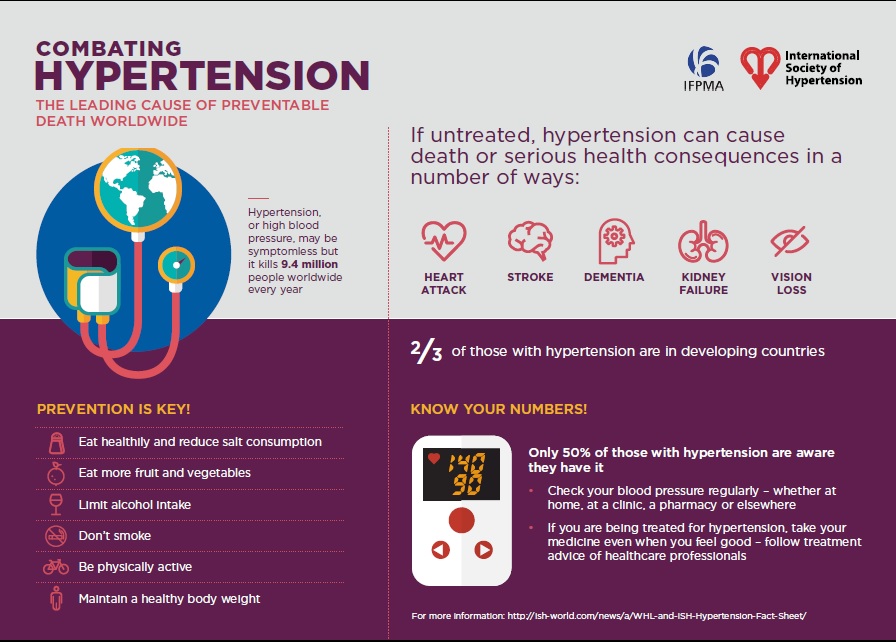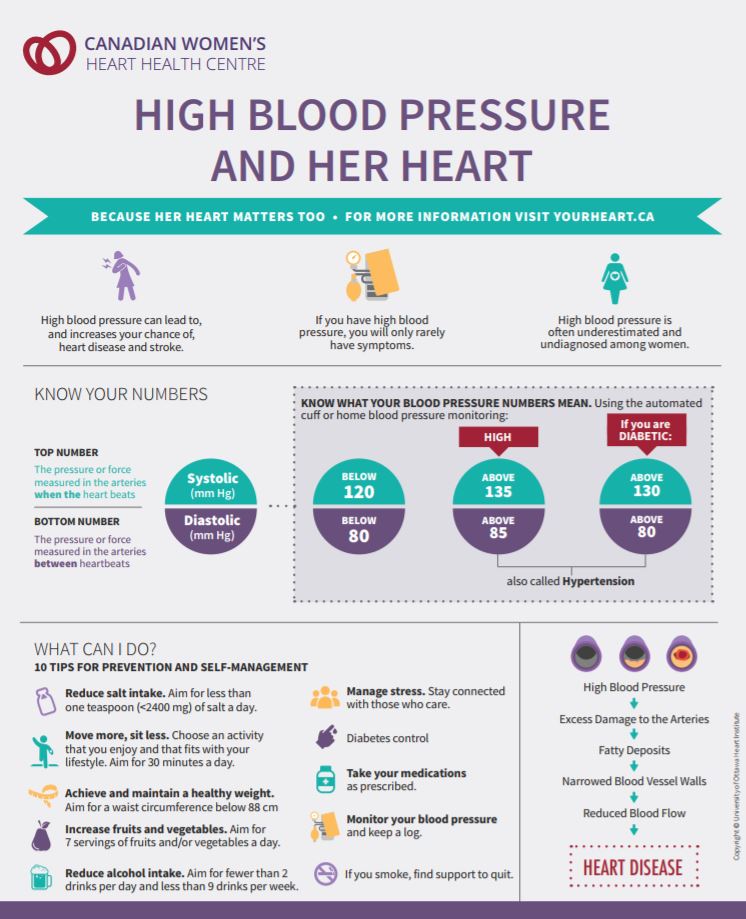Discover the top 10 expert tips to effectively manage high blood pressure and take control of your heart health.
Table of Contents
Introduction to High Blood Pressure
Learning about high blood pressure is super important. We’ll talk about what it is and why it’s a big deal for our health.
High blood pressure, also known as hypertension, is like a traffic jam for your blood vessels. It means that the force of blood flowing through your arteries is consistently too high. Just like a hose that’s under too much pressure, your blood vessels can get damaged if the pressure is too high for too long.
Your heart is like a powerful pump that sends blood to every part of your body. When it beats, it pushes blood through your arteries, creating pressure. This pressure is what we call “blood pressure.” It’s essential for your body to function properly because it helps deliver oxygen and nutrients to all your organs.
When your blood pressure is too high, it can strain your heart and blood vessels, leading to serious health problems like heart disease, stroke, and kidney disease. That’s why it’s crucial to understand how to manage and maintain healthy blood pressure levels.
Understanding Blood Pressure
Did you know your heart is like a pump for your blood? It helps move blood through your body so all your organs get the oxygen and nutrients they need. This pumping action creates something called “blood pressure.” Let’s find out more about how it works!
What is Blood Pressure?
When your heart beats, it pushes blood out into your arteries. This force of blood against the walls of your arteries is what we call blood pressure. It’s like when you squeeze a balloon – the pressure inside the balloon goes up.
High vs. Low Blood Pressure
Blood pressure can be either high or low. High blood pressure means that the force of blood against your artery walls is too high, which can cause damage over time. On the other hand, low blood pressure means that the force of blood is too low and may not provide enough oxygen to your body. Just like a seesaw that goes up and down, your blood pressure can do the same!
Eat Healthy Foods
Your body loves when you eat good foods! It’s like giving your body a big hug from the inside. Eating healthy foods can help keep your blood pressure happy and feeling great.

Image courtesy of www.heart.org via Google Images
Snack on Omega-3s
Omega-3s are like health superheroes for your blood vessels. They help keep your blood flowing smoothly and can even lower your blood pressure. You can find omega-3s in foods like salmon, walnuts, and chia seeds. So, next time you’re feeling snacky, reach for these omega-3-rich foods!
Less LDL Cholesterol, Please!
LDL cholesterol, also known as the “bad” cholesterol, is not too friendly to your blood vessels. When you have too much LDL cholesterol in your body, it can clog up your blood vessels and make it harder for your blood to flow. To keep your blood vessels happy and your blood pressure in check, try to eat less of foods high in LDL cholesterol like fried foods, pastries, and fatty meats.
Move and Groove
Exercise is like a dance party for your heart. It’s not just about moving your body; it’s also about making your heart stronger and healthier. When you exercise, your heart gets a workout too, and this can help to keep your blood pressure in check.
Let’s Get Active!
There are so many fun ways to move and groove that can help your blood pressure. You can go for a bike ride, play tag with friends, jump rope, or even dance to your favorite music. The important thing is to find something you enjoy doing so that you’ll want to keep moving.
Playtime is Healthy
Do you like playing sports or games? These are fantastic ways to stay active and keep your heart happy. Whether you’re kicking a soccer ball, shooting hoops, or playing a game of tag, every bit of movement counts towards helping your heart stay strong.
Remember, staying active is not only good for your body but also good for your mind. When you exercise, your body releases chemicals that can make you feel happier and more energized. So, grab a friend and go play outside – your heart will thank you!
Chill Out Time
Sometimes, you need to put your feet up and relax. Learn why staying cool can be good for your high blood pressure.

Image courtesy of nutritioneducationstore.com via Google Images
The Importance of Relaxation
When we’re constantly busy and stressed, our bodies can get tired and our blood pressure may rise. That’s why taking some chill-out time is so crucial. By relaxing, we give our bodies a chance to rest and recover, which can help keep our blood pressure in check. So, find a cozy spot, take a few deep breaths, and let your worries drift away!
Ways to Relax
There are plenty of ways to unwind and relax. You could listen to your favorite music, take a leisurely walk, practice some gentle yoga, or simply spend some quiet time in nature. Find what works best for you and make relaxation a regular part of your routine. Your body and your blood pressure will thank you!
Cut Down on Salt
Salt may taste good on fries, but did you know that having too much salt isn’t great for your blood pressure? Let’s find out why it’s important to cut down on salt in our diets.
Why Salt Matters
When we eat foods that are high in salt, our bodies hold onto more water to try to dilute the salt. This extra water in our bodies puts extra pressure on our blood vessels, causing our blood pressure to rise. High blood pressure can lead to some not-so-great health problems, so keeping our salt intake in check is super important.
How to Reduce Salt
One easy way to cut down on salt is to check out food labels. Foods like chips, canned soups, and some frozen meals can have sneaky amounts of salt. Choosing lower-sodium options can help keep your salt intake in check.
Instead of adding salt to your meals, try using herbs and spices to bring out the flavor. You might be surprised at how tasty your food can be without extra salt!
Opting for fresh fruits and veggies instead of processed snacks can also help lower your salt intake. Fruits and vegetables are naturally low in salt and high in nutrients, making them a great choice for your overall health.
Stay Hydrated
Drinking water is like giving your body a tiny shower from the inside. It’s super important for staying healthy and keeping your blood pressure in check.

Image courtesy of vectormine.com via Google Images
Why Hydration is Key
Our bodies are made up of about 60% water, so it’s crucial to drink enough to keep everything running smoothly. When you’re hydrated, your blood can flow more easily through your blood vessels, which helps regulate your blood pressure.
How Much Water to Drink
For most kids, drinking about 6-8 cups of water a day is a good goal. But if you’re active or it’s hot outside, you might need even more. Remember, fruits and veggies have water too, so snacking on those can also help keep you hydrated!
Skip the Sugary Drinks
Sodas, juices, and sweet teas might taste good, but they can be loaded with sugar that isn’t great for your blood pressure. Water is always the best choice!
Fun Ways to Stay Hydrated
If you find plain water boring, try adding a few slices of lemon, cucumber, or berries for a tasty twist. You can also make fun ice cubes by freezing pieces of fruit in them!
Soak Up Some Sunshine
Sunny days are not just for fun – the sun also plays a role in keeping you healthy. You see, when the sun shines on your skin, it helps your body make a special vitamin called Vitamin D. And Vitamin D is like a superhero that helps keep your blood pressure in check.
The Link Between Sun and Blood Pressure
When your body gets enough Vitamin D from the sun, it can help relax the blood vessels in your body. This relaxation can help your blood flow more easily and may even lower your blood pressure. So, soaking up some sunshine not only feels good but is good for your health too!
How Much Sun Is Enough?
While it’s great to get some sun exposure for that beneficial Vitamin D, it’s also essential to protect your skin. Spending about 10 to 15 minutes in the sun a few times a week without sunscreen is usually enough to get your Vitamin D fix. Remember to apply sunscreen after this short time to protect your skin from too much sun.
| Tips | Description |
|---|---|
| Avoid Salt | Reduce sodium intake to help lower blood pressure |
| Exercise Regularly | Stay active to improve heart health and blood pressure |
| Manage Stress | Practice relaxation techniques to reduce stress levels |
| Eat Healthy | Include fruits, vegetables, and whole grains in your diet |
| Limit Alcohol | Drink in moderation to avoid raising blood pressure |
| Quit Smoking | Smoking can increase blood pressure, so stop smoking |
| Monitor Blood Pressure | Regularly check your blood pressure and keep track of it |
| Limit Caffeine | Caffeine can cause temporary spikes in blood pressure |
| Get Enough Sleep | Quality sleep is important for overall health and blood pressure |
| Medication Compliance | Take prescribed medications regularly to manage blood pressure |
So, next time the sun is shining bright, go outside and enjoy some time in the sunlight. Your body and your blood pressure will thank you for it!
Get Good Sleep
Zzzz… Did you know that getting a good night’s sleep is not just fantastic for your energy levels, but it’s also super important for keeping your blood pressure in check? Let’s dive into why catching those Z’s is so crucial.

Image courtesy of www.physiospot.com via Google Images
Snooze and Blood Pressure
When you’re fast asleep, your body gets a chance to rest and recharge. This downtime is essential for your heart and blood vessels to take a break too. When you don’t get enough sleep, it can put extra stress on your body, leading to potential spikes in blood pressure.
Sleepy Champions
Setting a regular bedtime and sticking to it can work wonders for your blood pressure. Your body loves routine, and a consistent sleep schedule can help regulate your blood pressure levels. So, make sure to tuck in at the same time each night for a restful slumber.
Additionally, creating a soothing and relaxing bedtime routine can signal to your body that it’s time to unwind. Whether it’s reading a book, taking a warm bath, or doing some gentle stretches, find activities that help you wind down before hitting the hay.
And remember, electronic devices like phones and tablets can interfere with your ability to fall asleep. Try to power down these gadgets at least an hour before bedtime to ensure a peaceful night’s rest.
Regular Check-Ups
Going to the doctor’s office may not sound like the most exciting thing, but regular check-ups are super important, especially when it comes to keeping an eye on your high blood pressure. When you visit the doctor, they can check how your heart is doing and make sure everything is running smoothly.
Why Check-Ups Matter
Think of going to the doctor like checking the oil in a car – it helps make sure everything is working as it should. Getting regular check-ups can help catch any issues with your blood pressure early on before they become big problems. Plus, your doctor can give you tips on how to keep your blood pressure in check.
What Happens at a Check-Up
During a check-up, the doctor might use a special cuff to measure your blood pressure. This helps them see if your blood pressure is in a healthy range or if it’s too high. They might also ask you questions about your diet, exercise, and sleep habits to get a better idea of your overall health.
Getting Comfortable
Some kids might feel nervous about going to the doctor, but there’s really nothing to worry about. Doctors and nurses are there to help you feel comfortable and answer any questions you might have. It’s totally okay to let them know if you’re feeling unsure about anything.
So, the next time your mom or dad says it’s time for a check-up, remember that it’s all about making sure you stay healthy and strong, including keeping your blood pressure in check!
Know Your Numbers
Hey there! Did you know that there are some important numbers that can tell us how healthy your blood pressure is? Let’s dive into what these numbers mean and why they’re essential for keeping an eye on your health.

Image courtesy of cwhhc.ottawaheart.ca via Google Images
What Numbers to Look For
When you get your blood pressure checked, you’ll see two numbers like this: 120/80. The first number is called your systolic pressure, and the second number is your diastolic pressure. These numbers show how hard your heart is working to pump blood around your body and how relaxed it is when it fills up with blood.
For most people, a healthy blood pressure is around 120/80. If your numbers are higher than this, it could mean that your heart is working too hard, which isn’t good.
Why These Numbers Matter
Knowing your blood pressure numbers is like having a secret code to unlock how healthy your heart is. By keeping an eye on these numbers, you can catch any problems early on and take steps to keep your heart in tip-top shape.
Conclusion: Mastering Your Blood Pressure
We’ve covered a lot of ground when it comes to managing high blood pressure. It’s essential to remember that taking care of our health is like building a shield to protect our bodies. Here is a quick recap of the top tips we’ve discussed:
1. Eat Healthy Foods
Choosing nutritious foods like omega-3s and avoiding LDL cholesterol can help your blood pressure stay in check.
2. Move and Groove
Regular exercise not only keeps your body strong but also helps your heart pump blood more efficiently.
3. Chill Out Time
Stress can affect your blood pressure, so taking time to relax is crucial for maintaining a healthy heart.
4. Cut Down on Salt
While salt may make our food tasty, too much of it can raise our blood pressure. It’s important to watch our salt intake.
5. Stay Hydrated
Drinking plenty of water helps our bodies function optimally, including keeping our blood pressure regulated.
6. Soak Up Some Sunshine
Sunlight not only boosts our mood but also provides us with Vitamin D, which is essential for maintaining healthy blood pressure levels.
7. Get Good Sleep
Quality sleep is vital for overall health, including keeping our blood pressure at a healthy level.
8. Regular Check-Ups
Visiting your doctor for regular check-ups is important in monitoring your blood pressure and making sure everything is in good shape.
9. Know Your Numbers
Understanding the numbers related to your blood pressure is key in managing and taking control of your health.
By incorporating these simple tips into your daily routine, you can take charge of your health and keep your blood pressure in check. Remember, small changes can lead to big results!
FAQs on High Blood Pressure
Can Kids Get High Blood Pressure Too?
Yes, kids can have high blood pressure too! Even though high blood pressure is more common in adults, kids can still experience it. High blood pressure in children can be caused by various factors such as a family history of the condition, being overweight, not getting enough physical activity, or having certain medical conditions.
Why Can’t I Just Eat Candy All the Time?
While candy may taste delicious, indulging in it frequently can lead to problems like high blood pressure. Candies are usually high in sugar and unhealthy fats, which can contribute to weight gain, increase cholesterol levels, and ultimately affect your blood pressure.They’re okay to enjoy once in a while, but it’s essential to balance them with healthier food choices to keep your blood pressure in check.





